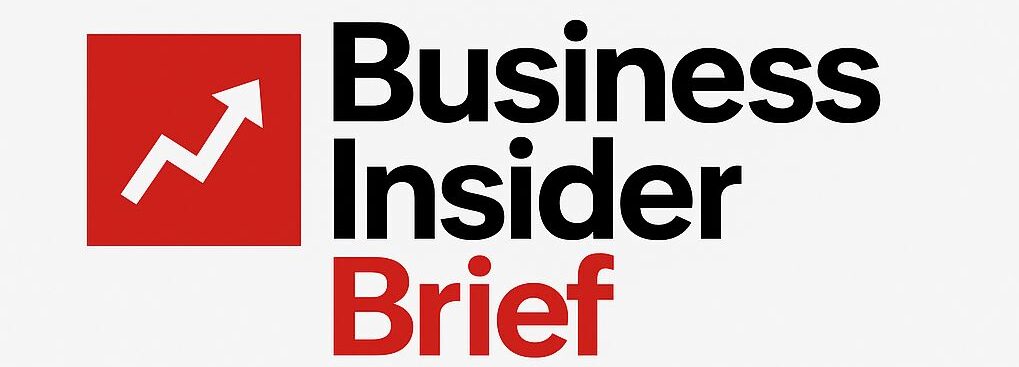Introduction
We’ve all been there—you’re in the middle of something important, your phone rings, and it’s a number you don’t recognize. One recent and particularly annoying example is 329-200-0010. Who is it? Why are they calling? And more importantly—should you be worried?
Let’s break it all down.
Area Code 329 – Real or Spoofed?
Is 329 a Legitimate U.S. Area Code?
First off, 329 is not an official U.S. area code—at least not one assigned by the North American Numbering Plan (NANP). This instantly raises a red flag. Chances are, the number is spoofed.
How Scammers Use Fake Area Codes
Spoofing is a tactic scammers use to disguise their real number. They may choose a random or official-looking prefix like “329” to make the call seem legitimate. But don’t be fooled—it’s a digital mask.
Initial Reactions to Unknown Numbers
Curiosity vs. Caution
You might feel tempted to call back, thinking it’s important. But take a pause. Unknown numbers can lead to more than just spam—they can mean scams, identity theft, or malware.
Common Behaviors People Exhibit
-
Ignoring the call altogether
-
Googling the number (like you just did!)
-
Calling back impulsively
-
Asking on social media
Breaking Down the Number: 329-200-0010
Known Reports of This Number
Users across multiple platforms have flagged this number. Reports include:
-
Repeated missed calls
-
No voicemail left
-
Robotic voice messages when answered
User Experiences Shared Online
Many users describe it as a robocaller, with messages that sound automated or unrelated to them personally. Others say the line is silent before it hangs up—classic sign of a spam dialer.
Possible Call Types from 329-200-0010
Telemarketing Calls
These are annoying, but often legal. Still, if it’s unsolicited, it’s spam.
Robocalls
Pre-recorded messages pushing products, services, or scams.
Phishing or Scam Attempts
Some users report being asked to “confirm your Social Security number” or “press 1 to avoid legal action.” This is classic scam language.
Debt Collection (Fake or Real)
Scammers may impersonate collection agencies. Always verify with your creditor directly.
Identifying Spam or Scam Calls
Red Flags to Watch For
-
No caller ID or generic names like “Wireless Caller”
-
Immediate pressure tactics
-
Poor audio or robotic voices
Tools to Check Phone Number Validity
Use free online tools like:
-
WhoCallsMe.com
-
Truecaller
-
ShouldIAnswer
Safety Tips When Receiving Unknown Calls
What to Do If You Answer
-
Don’t say “Yes” to any questions
-
Don’t provide personal info
-
Hang up if it sounds suspicious
What to Do If You Miss the Call
-
Google the number
-
Block the number
-
Report it if needed
How to Block and Report 329-200-0010
Carrier Services
Most carriers offer spam-blocking features. Some even auto-filter suspicious calls.
Mobile Phone Features
iPhones and Androids both let you block numbers or silence unknown callers.
Reporting to FTC or Other Authorities
Visit:
-
Your local consumer protection office
Apps to Detect and Block Spam Numbers
Top 5 Call-Blocking Apps in 2025
-
Truecaller
-
Hiya
-
RoboKiller
-
Nomorobo
-
Call Control
How They Work
These apps crowdsource call data and automatically warn you or block shady numbers.
What Happens If You Call Back?
Risks Involved
Calling back can trigger:
-
Confirmation your number is “active”
-
Subscriptions to premium-rate services
-
Exposure to more spam
Real-Life Examples of Call-Back Scams
Some report being charged $30+ for a single call, especially if routed internationally.
Why Scammers Use Numbers Like 329-200-0010
Spoofing Technology Explained
Spoofing tools let scammers appear to call from any number—making them harder to trace.
Social Engineering and Data Collection
Sometimes, it’s not about money right away—it’s about collecting data for future use or sale.
Psychological Tactics Used by Caller
Creating Urgency or Fear
“Your account will be suspended”
“You’ll be arrested if you don’t act now”
Sound familiar? That’s intentional—scammers know fear sells.
Pretending to Be Authorities
From “IRS agents” to “Bank representatives,” they want you to feel pressured to comply.
How to Educate Others About Phone Scams
Protecting Elderly or Less Tech-Savvy Loved Ones
-
Set up spam filters for them
-
Teach them never to give info over the phone
Teaching Kids About Unknown Numbers
Let them know: If you don’t know the number, don’t answer it. Period.
Staying Ahead of Scammers
Regular Monitoring of Call Activity
Look for patterns—are they calling at the same time every day?
Signing Up for Do Not Call Lists
While not perfect, the National Do Not Call Registry is a good step.
Conclusion
If you’re wondering who called you from 329-200-0010, chances are, it wasn’t anyone you know—or anyone you want to know. With spoofing and scams at an all-time high, it’s smarter than ever to stay alert, block suspicious calls, and educate those around you. Don’t let curiosity cost you your safety.
FAQs
Q1: Is 329-200-0010 a legitimate business number?
No, it’s widely flagged as suspicious or spoofed. No verified business is linked to this number.
Q2: What should I do if I answered the call?
Hang up immediately if it feels off. Monitor your accounts just in case.
Q3: Can scammers get personal info just by calling?
Not unless you give it—but even your voice can be recorded and misused.
Q4: Should I change my number if I get too many spam calls?
Only as a last resort. Try blocking, reporting, and using spam-filtering apps first.
Q5: How can I know if a call is dangerous?
Look for red flags: high pressure, requests for personal info, robotic voice, or vague threats.

